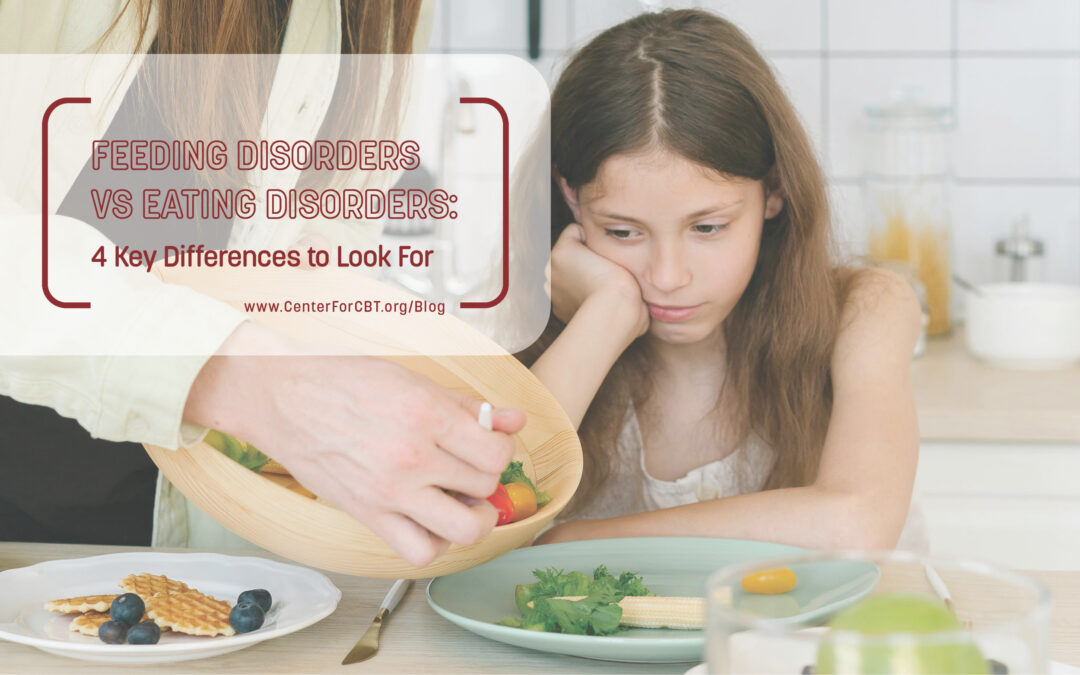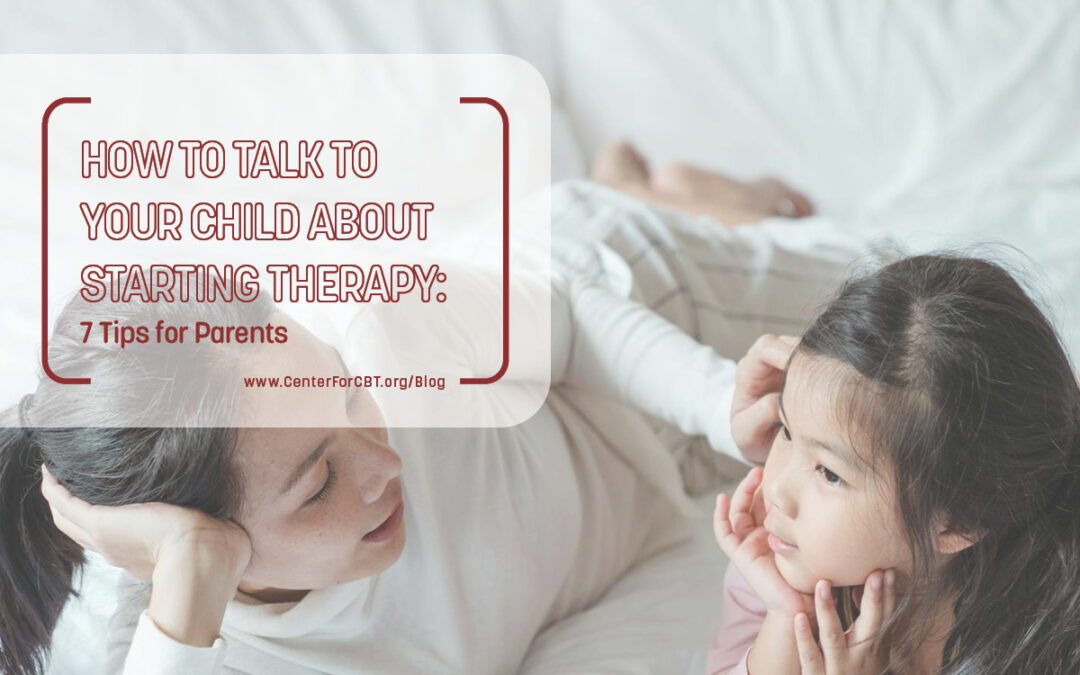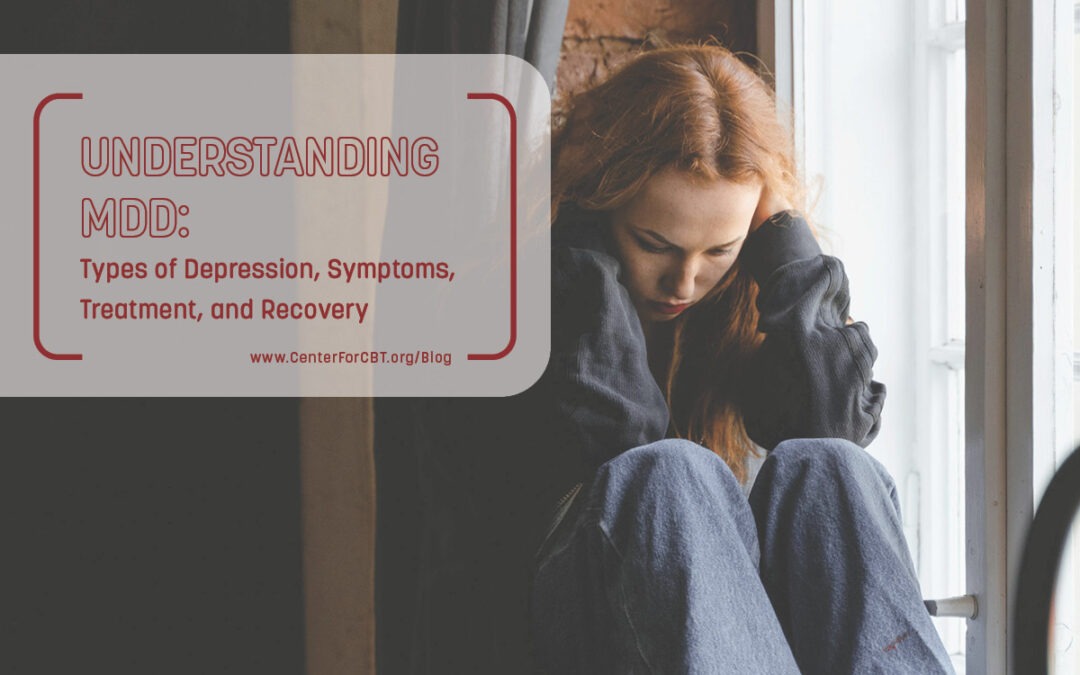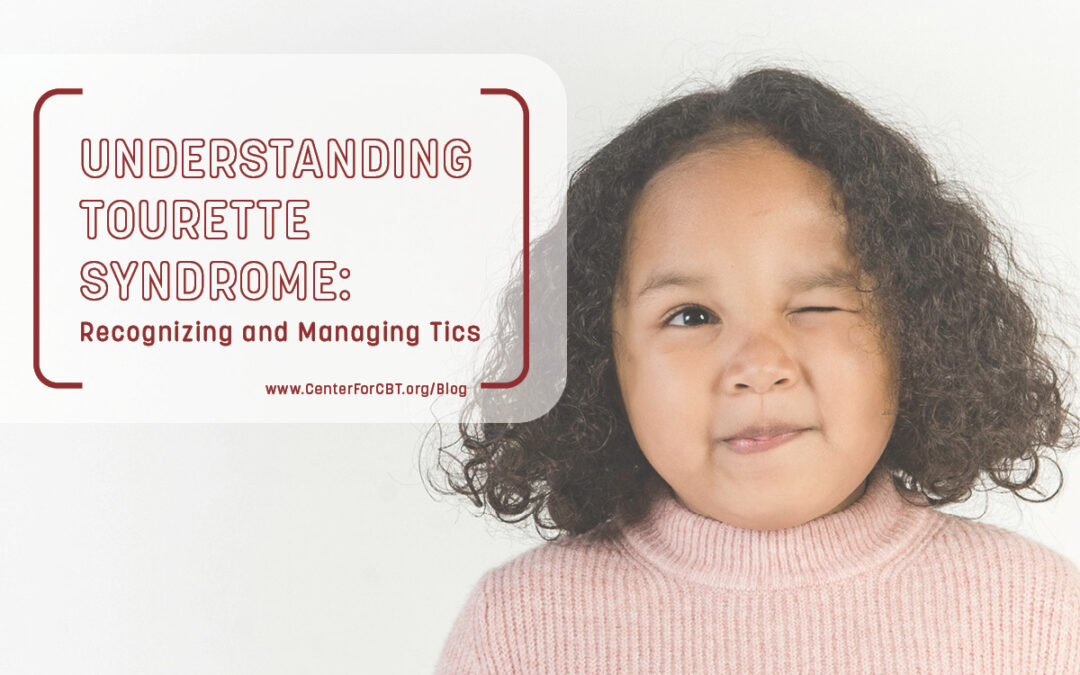
by Dr. Emilia Beggiato | Jun 3, 2025 | Feeding, Adolescents, Children, Cognitive Behavior Therapy (CBT), Navigating Care, Young Adults
Opposite Action is a DBT skill that can be used by adults, teens, and kids to help them control big emotions. When you feel a strong emotional urge, Opposite Action reminds you that acting in the opposite way of what your emotions are telling you can actually be helpful in some situations. This practice challenges the automatic link between emotion and behavior to help you respond thoughtfully even when we’re feeling overwhelmed.

by Dr. Erica Dashow | May 1, 2025 | Feeding, Adolescents, Children, Cognitive Behavior Therapy (CBT), Navigating Care, Young Adults
Feeding disorders and eating disorders are terms which are often used interchangeably. However, there are distinct differences between these two diagnoses. Key factors, such as motivation, age of onset, behavioral features, and the emotions experienced with these disorders can help determine a diagnosis. An accurate assessment is the first step to identifying which evidence-based treatments will best support the needs of your child.

by Dr. Priscilla Morrison | Apr 2, 2025 | Adolescents, Academics, ADHD, Autism, Children, Navigating Care, Neuropsychological Evaluations
School-based evaluations and comprehensive neuropsychological evaluations both aim to identify learning and developmental needs. You may consider pursuing an evaluation if you have concerns for your child’s cognitive abilities, school performance, or behavioral problems. It’s important to understand the key differences between these evaluations so that you can decide on the best next step to help your child succeed.

by Dr. Meir Flancbaum | Jan 1, 2025 | Navigating Care, Adolescents, Children, Cognitive Behavior Therapy (CBT), Dialectical Behavior Therapy (DBT), Parenting
Starting therapy can be a big step for your child, and you might feel unsure about how to begin that conversation. Whether your child feels nervous about starting therapy, or even excited to meet with a child psychologist, it’s helpful to prepare them for that first meeting. There are a few key talking points to help you navigate that discussion so that you can set your child and yourself up for success in therapy.

by Dr. Jessica DaCosta | Oct 1, 2024 | Depression, Adolescents, Children, Dialectical Behavior Therapy (DBT), Navigating Care, Young Adults
Major depressive disorder (MDD) is a mood disorder that can negatively impact a person’s daily life by causing emotional, physical, and/or psychological impairments. Depression can take many forms and co-occur with other mental health challenges. This concern is treatable and symptoms can be relieved through a variety of therapeutic approaches. It’s important to know what signs to look for so that you or a loved one can seek out support.

by Dr. Meir Flancbaum | Jul 10, 2024 | Adolescents, Children, Cognitive Behavior Therapy (CBT), Navigating Care, Parenting, Tourette Syndrome and Tics
While there is no “cure” for tics or Tourette syndrome, there are effective management strategies. If a child is experiencing noticeable academic, social, emotional, or other quality of life challenges as a result of their tics, working with an experienced CBIT provider can help.






